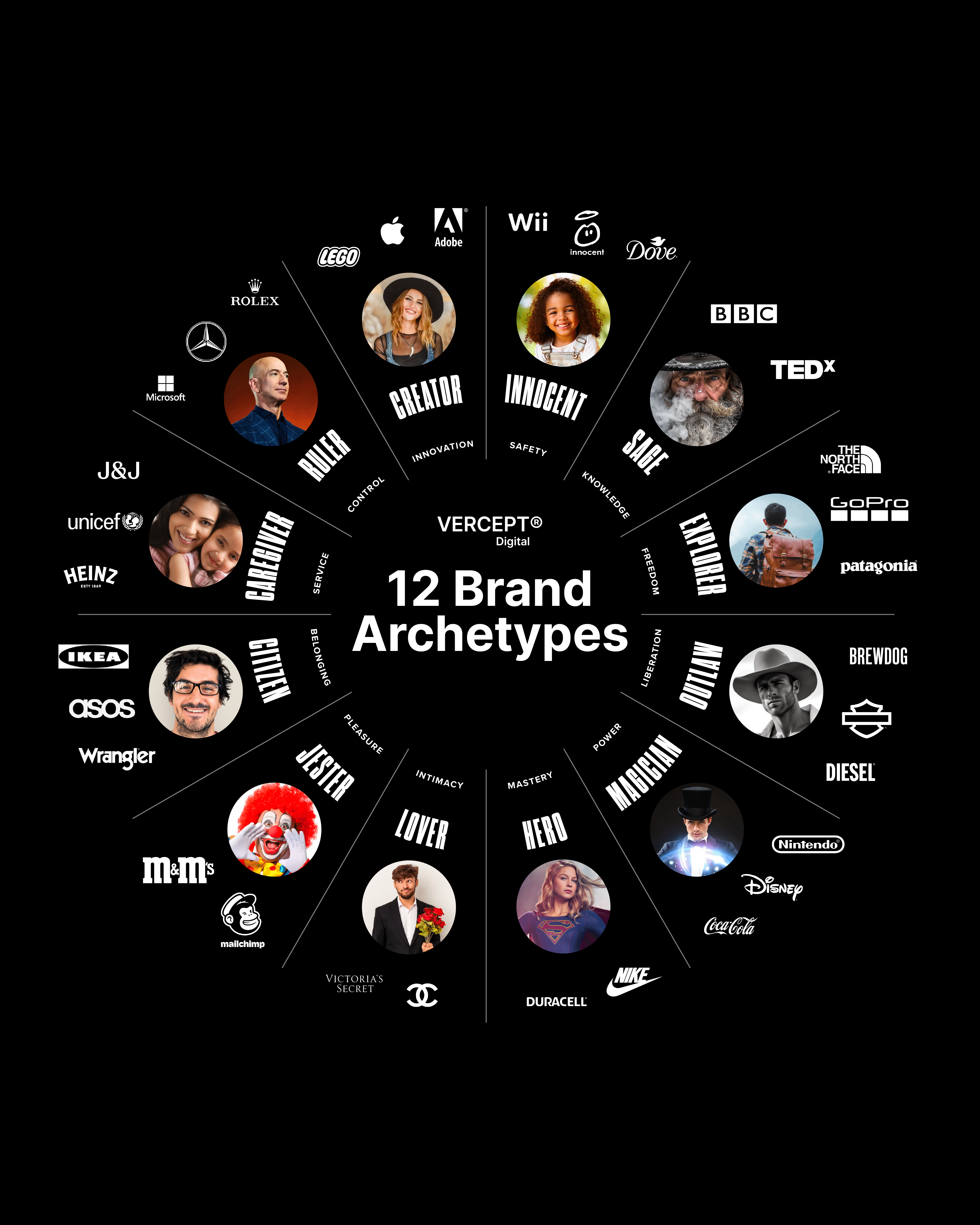In a market where AI-generated content is flooding social media, inboxes and websites, capital firms must protect their voice.
Capital firms often confuse branding with visuals. But true brand strategy begins well before color palettes or typography. It’s rooted in psychology, narrative structure, and the defined role your firm plays in the market. Whether you're raising or managing institutional mandates, brand clarity is beyond cosmetic, it's operational. Drawing from frameworks like Donald Miller’s Building a StoryBrand and Carl Jung’s brand archetypes, this article outlines how to structure a brand that earns trust, fast.
Brand Is Psychology, Not Aesthetic
Capital allocators don't make decisions based on beauty. They respond to clarity, confidence, and familiarity. Branding, in this context, is applied investor psychology. Jung’s archetypes like The Sage, The Hero, or The Ruler help define your firm's tone, posture, and presence.
Before any visual execution, ask:
What archetype do we embody?
How do we make our capital legible and familiar?
What perception are we actively shaping?
These questions build a brand operating system that aligns with both your strategy and your audience’s mental model.

Your Firm Needs a Narrative Framework
Books like Building a StoryBrand remind us that every audience is looking for one thing: clarity. Your firm is not the hero your capital partner is. Your role is guide, strategist, allocator.
Build a brand narrative that:
Positions the LP or co-investor as the central actor
Defines the problem your strategy addresses
Explains your structure, team, and edge as the mechanism for solving it
This narrative then informs every touchpoint: websites, decks, outreach, and content.
Codify the Brand Before You Build It
Too many firms go straight into site design or pitchbook production without defining their voice. That’s a mistake. Brand strategy should be the first phase not a post-rationalized veneer.
Establish:
Core messaging architecture
Archetype alignment
Tone and language map
Audience persona layers
These become inputs for every creative, digital, or communications initiative. Without them, outputs look expensive but feel empty.
Training AI on Your Strategy, Not Just Your Style
When you use AI tools to scale content, investor communication, or research commentary, you’re amplifying your brand. But amplification only works when grounded in a strong foundation.
Train AI using:
Internal writing samples (LP updates, founder notes)
Structured tone and terminology guides
Strategic messaging pillars
The goal is consistency not just in what you say, but in how you sound. AI should reinforce differentiation, not homogenize it.
Final Thoughts
Every allocator reads between the lines. Your brand is how you control that subtext. Done right, it’s a signal of strategic discipline. Start with narrative, codify your voice, and align everything downstream. Brand beyond visual design is a decision framework that attracts your ideal investors.
Let’s stay connected.
For more insight on digital strategy in capital markets, follow Kelsey from VERCEPT on LinkedIn or get in touch to discuss your next move.



